IoT Applications in Agriculture – 4 Best Benefits of IoT in Agriculture
FREE Online Courses: Dive into Knowledge for Free. Learn More!
In the last IoT tutorial, we discussed Applications of IoT in Transportation. Now, it’s time to discuss IoT applications in agriculture sector.
As we know, agriculture plays a vital role in manufacturing and for livelihood. So, in this Internet of Things Applications in Agriculture, we are going to look benefits of IoT in agriculture area.
So, let’s begin with IoT Applications in Agriculture.
What are the IoT Applications in Agriculture?
The Internet of Things (IoT) has the potential to transform the ways we live in the world; we have more-efficient industries, more connected cars, and smarter cities, all these as components of an integrated IoT system.
The ever-growing global population would touch around 9.6 billion by 2050. So, to feed this immense population, the agriculture industry needs to embrace IoT.
The demand for more food has to meet overcoming challenges such as, rising climate change, extreme weather conditions and environmental impact that results from intensive farming practices.
Smart farming through the use of IoT technologies will help farmers to reduce generated wastes and enhance productivity. That can come from the quantity of fertilizer that has been utilized to the number of journeys the farm vehicles have made.
So, smart farming is basically a hi-tech system of growing food that is clean and is sustainable for the masses. It is the induction as well as the application of modern ICT (Information and Communication Technologies) into agriculture.
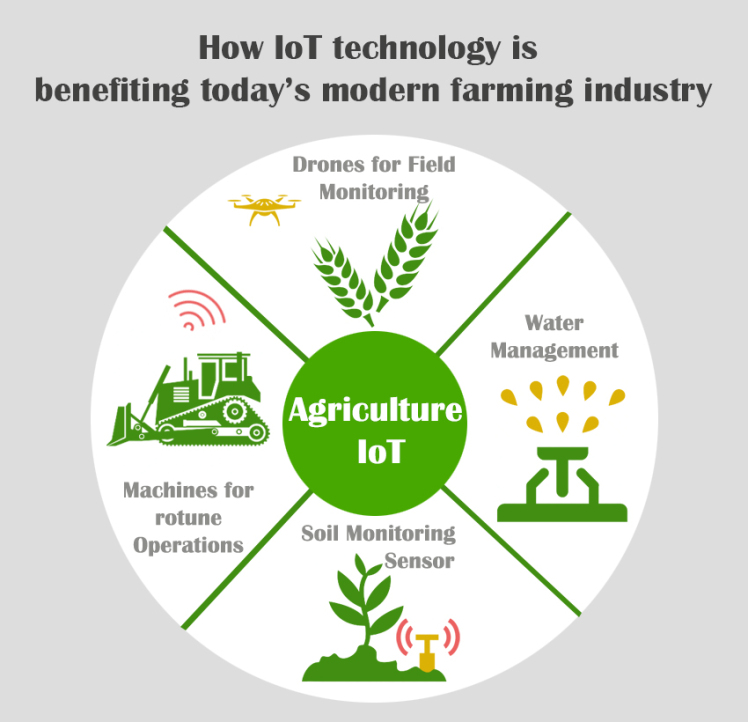
Technology is evolving rapidly!
Stay updated with DataFlair on WhatsApp!!
Internet of Things Applications in Agriculture
At below, we discussed some important IoT Applications in Agriculture, let’s discuss them one by one:
a. Precision Farming
Precision farming is a process or a practice that makes the farming procedure more accurate and controlled for raising livestock and growing of crops. The use of IT and items like sensors, autonomous vehicles, automated hardware, control systems, robotics, etc in this approach are key components.
Precision agriculture in the recent years has become one of the most famous applications of IoT in agricultural sector and a vast number of organizations have started using this technique around the world.
The products and services offered by IoT systems include soil moisture probes, VRI optimization, virtual optimizer PRO, and so on.
VRI (Variable Rate Irrigation) optimization is a process that maximizes the profitability on irrigated crop fields with soil variability, thereby improving yields and increasing water use efficiency.
b. Agriculture Drones
Agricultural drones are a very good example of IoT applications in Agriculture. Agriculture industries today, have become one of the major industries where drones can incorporate.
Two types of drones, that is, ground-based and aerial-based drones are being incorporated in agriculture in many ways such as, for crop health assessment, irrigation, planting, and soil & field analysis.
The benefits that the usage of drones brings to the table include, ease of use, time-saving, crop health imaging, integrated GIS mapping, and the ability to increase yields.
The drone technology will give a high-tech makeover to the agriculture industry by making use of strategy and planning based on real-time data collection and processing.
The farmers through drones can enter the details of what field they want to survey. Select an altitude or ground resolution from which they what data of the fields.
From the data collected by the drone, useful insights can be drawn on various factors such as plant counting and yield prediction, plant health indices, plant height measurement, canopy cover mapping, nitrogen content in wheat, drainage mapping, and so on.
The drone collects data and images that are thermal, multispectral and visual during the flight and then lands at the same location it took off initially.
c. Livestock Monitoring
IoT applications help farmers to collect data regarding the location, well-being, and health of their cattle. This information helps them in identifying the condition of their livestock.
Such as, finding animals that are sick so, that they can separate from the herd, preventing the spread of the disease to the entire cattle. The feasibility of ranchers to locate their cattle with the help of IoT based sensors helps in bringing down labor costs by a substantial amount.
One example of an IoT system in use by a company is JMB North America. Which is an organization that provides cow monitoring solutions to cattle producers? Out of the many solutions provided, one of the solutions is to help the cattle owners observe their cows that are pregnant and about to give birth.
From them, a battery that is sensor powered is expelled when its water breaks. An information is then sent to the herd manager or the rancher. The sensor thus enables farmers will more focus.
d. Smart Greenhouses
Greenhouse farming is a technique that enhances the yield of crops, vegetables, fruits etc. Greenhouses control environmental parameters in two ways; either through manual intervention or a proportional control mechanism.
However, since manual intervention has disadvantages such as production loss, energy loss, and labor cost, these methods are less effective. A smart greenhouse through IoT embedded systems not only monitors intelligently but also controls the climate. Thereby eliminating any need for human intervention.
Different sensors that measure the environmental parameters according to the plant requirement are used for controlling the environment in a smart greenhouse. Then, a cloud server create for remotely accessing the system when it connects using IoT.
Inside the greenhouse, the cloud server helps in the processing of data and applies a control action. This design provides optimal and cost-effective solutions to the farmers with minimal and almost no manual intervention.
One example of this is Illuminum Greenhouses which is an Agri-Tech greenhouse organization and uses technologies and IoT for providing services. It builds modern and affordable greenhouses by using IoT sensors that are solar powered.
The greenhouse state and water consumption can supervise with these sensors through sending SMS alerts to the farmer with an online portal.
The sensors in the IoT system in the greenhouse provide information on temperature, pressure, humidity, light levels.
So, this was all about IoT Applications in Agriculture Tutorial. Hope you like our explanation.
Conclusion
Hence, today we learned how agriculture fields are benefitted from IOT systems. We covered the different IoT Applications in Agriculture and how they are made use of.
We will learn more about IOT in detail in the upcoming tutorials. Furthermore, stay tuned to learn more interesting things that you can do with this technology.
Your opinion matters
Please write your valuable feedback about DataFlair on Google
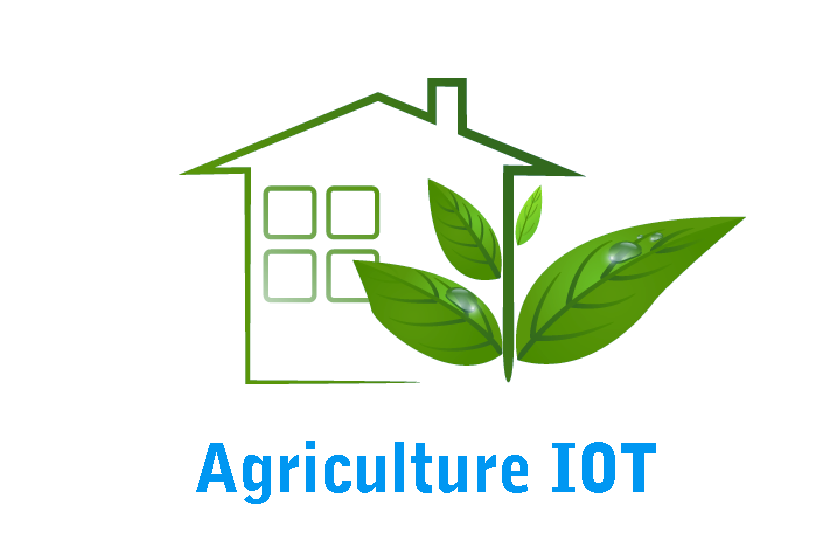
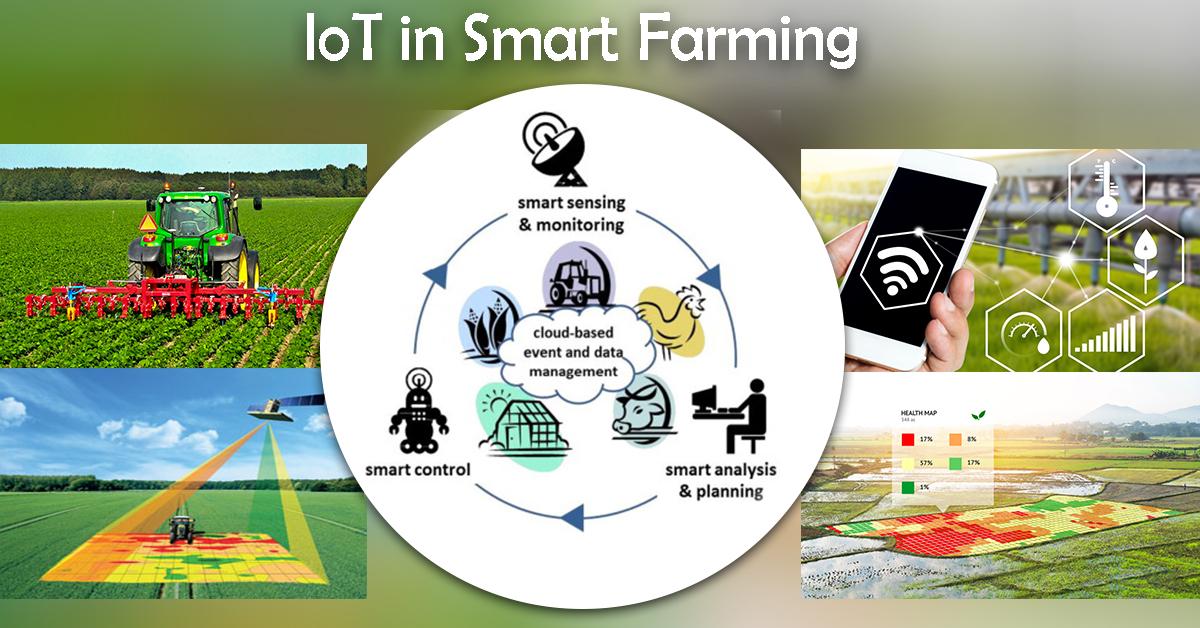
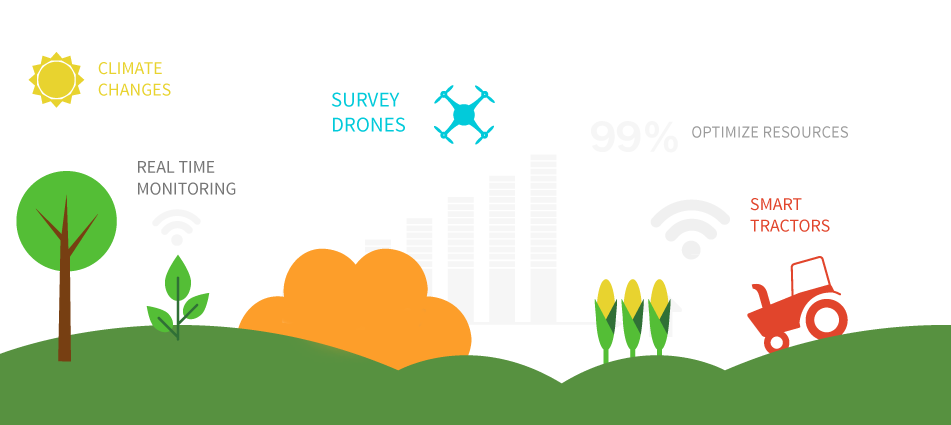
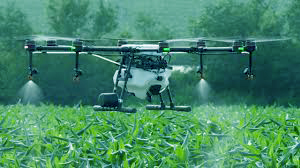
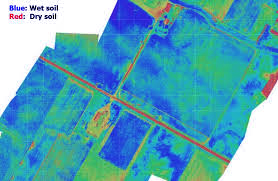
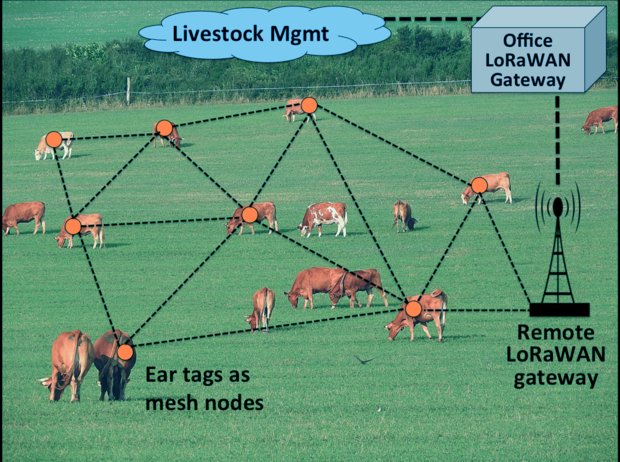
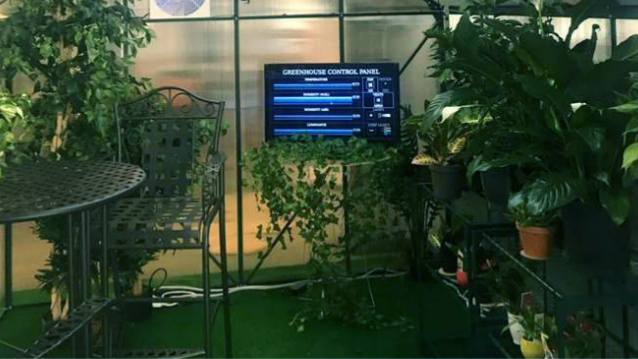
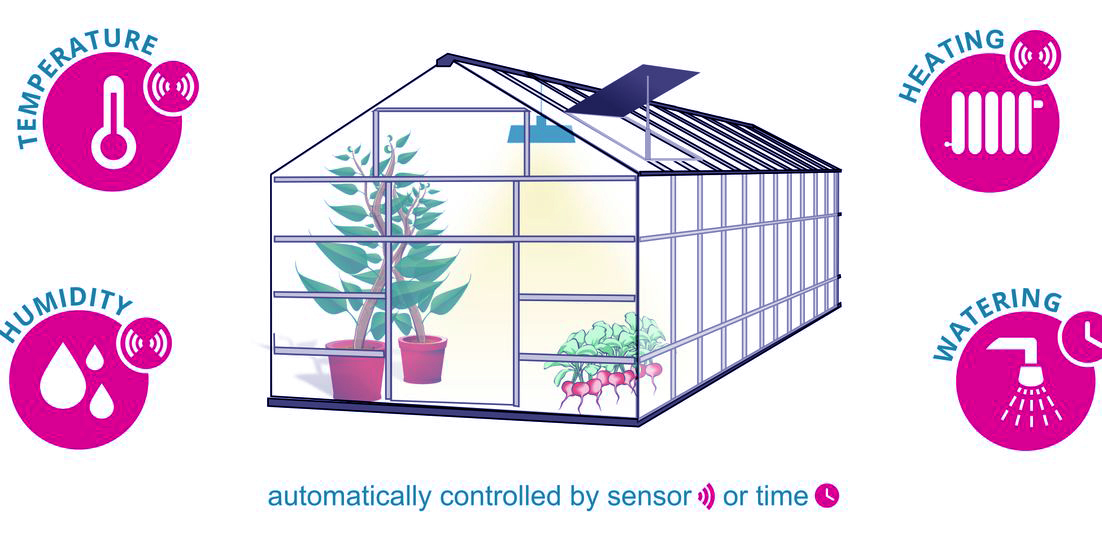


Yes, I want to use IOT for Smart Farms in Myanmar.So, I want to the ways of how its useful in aggriculture Sector and It costs to use.
Can you provide the details of practical knowledge in IOT in the field of Agriculture?
like S/W,H/W details
Yes, I want to use IOT for Smart Farms in Sri Lanka., I want to know ways of how its useful in agriculture Sector and It costs to use and who is training that?
Hello, I need Drones and Sensors (All Types) prices and delivery time with payment mode.